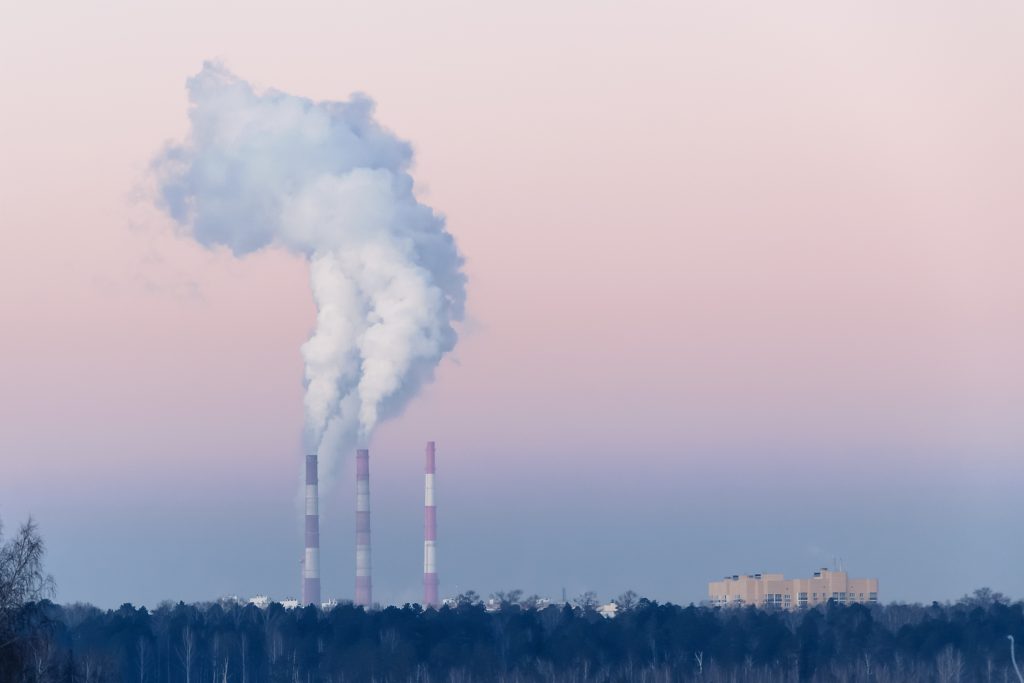By Catrin Harris, member of the Transition to Zero Pollution cohort of PhD students
Carbon Capture and Storage (CCS) – is the process by which CO2 is captured and permanently stored deep within the earth’s subsurface. Due to global warming it is vital that we reduce atmospheric CO2 emissions, and technological solutions will play a key role in solving the current climate crisis.
Incorporating CCS technology within fossil fuel energy production, as well as other difficult to eliminate emissions sources, reduces overall mitigation costs and increases flexibility in achieving a net zero-carbon society. By capturing CO2 directly from the atmosphere, the CCS process functions as a negative emissions technology, reducing atmospheric CO2 levels.

My research focuses on storage of CO2 within saline aquifers. Geological carbon storage uses physical and chemical trapping mechanisms to permanently sequester CO2 in the subsurface. It is these secondary trapping mechanisms – capillary and dissolution trapping – that I study. My aim is to understand the physics describing CO2 trapping within porous rocks, in order to make predictions about flow and trapping in the subsurface.
To view what is happening within a rock sample I use a medical CT scanner, the same as those used in hospitals. The information gathered from the experiment is used to create a model which mimics what is happening underground on a large scale. These key trapping mechanisms immobilise a significant proportion of the CO2, ensuring storage security and stopping CO2 leaking back into the atmosphere.

Research is niche so it can be easy as a PhD student to become very specialised very quickly. The everyday reality of studying flow through porous media is far removed from the bigger CCS process. Considering the bigger picture is important too as it gives purpose and motivation to research. Engaging with the CCS community allows me to educate myself on the whole CCS process, gaining skills and knowledge outside of my specialism.
I firmly believe that CCS will be a critical technology within our energy portfolio during the transition to a zero-pollution society.